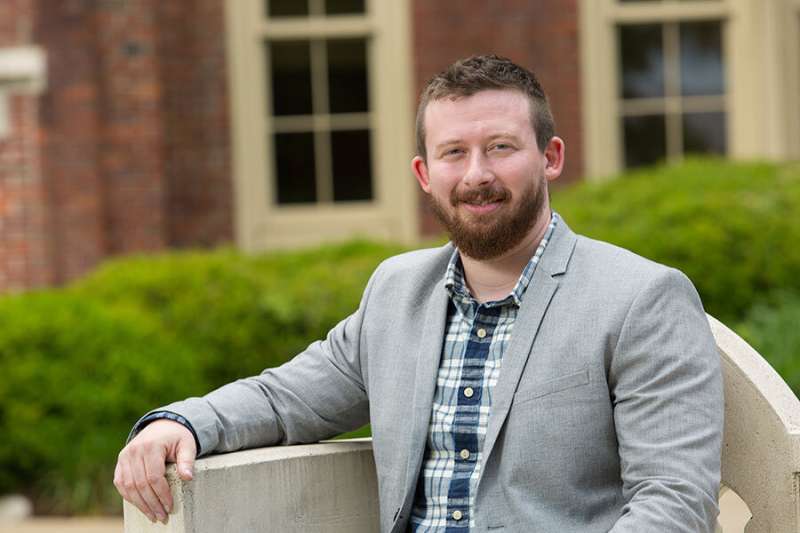Researcher finds hate crimes committed by groups hurt the most

Hate crimes committed by groups are especially likely to result in injuries such as broken bones and missing teeth, according to a new study from Florida State University.
Brendan Lantz, an assistant professor in the FSU College of Criminology and Criminal Justice, found that co-offending, or committing a crime with others, was significantly related to increased chances of serious injury regardless of the motivation behind the crime.
The findings, published in print last month in the journal Criminal Justice and Behavior, also indicated, however, that the likelihood of serious victim injury was highest in incidents that were both motivated by bias and committed by a group.
"A lot of hate crimes involve groups of people, especially groups of young people," Lantz said. "Research has suggested that being in the presence of other people may change someone's behavior. Because they feel more anonymous in a group setting, they behave more extremely."
Lantz analyzed data from the National Incident-Based Reporting System, an FBI database that provides incident-level data on violent offending, bias motivation, the number of offenders involved and victim injury.
Researchers examined various bias motivations such as race, ethnicity, religion, sexual orientation and disability. They found that, after accounting for the presence of co-offending, race, ethnicity, religion and disability motivated hate crimes were not significantly more likely than other crimes to involve serious victim injury. However, sexual orientation was an outlier. This bias motivation was significantly associated with the likelihood of serious victim injury, regardless of the number of offenders involved in the offense.
In fact, anti-sexual orientation bias incidents were roughly 53 percent more likely than nonbiased incidents to involve serious victim injury.
Lantz said future research could explore why sexual orientation hate crimes are more likely to be more seriously violent than other crimes, bias-motivated or otherwise. In the meantime, researchers suggest there are some important policy implications to consider.
"A little more than half of the states in the United States have sexual orientation as a protected class in hate crimes laws," Lantz said. "Even fewer states include gender identity. Accounting for co-offending explains some of the violence for other hate crimes, but not for crimes motivated by sexual orientation. That means that the lack of oversight or a law in many states is especially problematic."
More information: Brendan Lantz et al, Hate Crimes Hurt More, but so Do Co-Offenders: Separating the Influence of Co-Offending and Bias on Hate-Motivated Physical Injury, Criminal Justice and Behavior (2018). DOI: 10.1177/0093854818810314
Journal information: Criminal Justice and Behavior
Provided by Florida State University



















